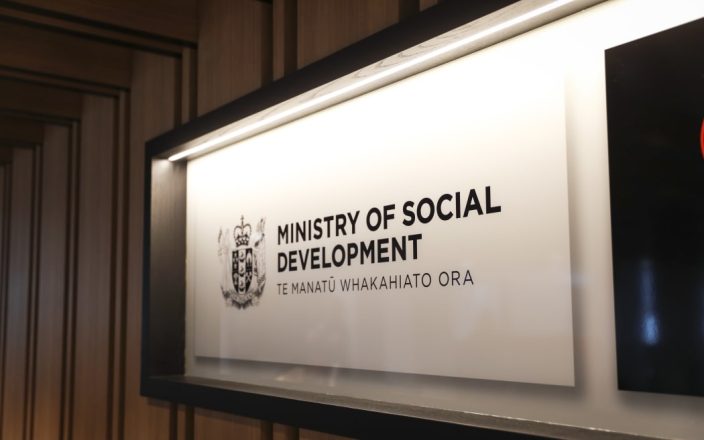The Ministry of Social Development (MSD) is changing rules for emergency housing to reduce its use. New rules start on August 26. If someone breaks the rules, they must wait 13 weeks to get help again. More people worry about being evicted at the end of the month.
These changes are part of the government’s plan to reduce the use of motels for families in need by the end of next year. Anyone staying more than a week must work with support services and try to find stable housing. They must also make a financial contribution to their emergency housing, in addition to the grant that pays most of the costs.
Case managers will check if people follow these new rules. If they ignore two warnings, they will be blocked from receiving the grant for 13 weeks. Anne Shaw from MSD stated that the government wants to strengthen the verification process for emergency housing support. She assured that those with genuine housing needs would still be eligible if they meet their responsibilities.
Housing advocate Kevin Murray reported that individuals are scared about being evicted. He is concerned about people with serious health issues who may struggle to follow the new demands. While MSD suggests getting help from housing brokers and advisors, some services have been reduced.
The new rules change the eligibility for emergency housing. This means people may be denied support based on past actions that led to their homelessness, which is seen as unfair by many advocates. They expect these changes will increase homelessness and place more pressure on social services.
As of June, around 4,300 people, including many children, were in emergency housing, with many staying in motels. The amount of money spent on these grants has decreased recently. Most people stay in emergency housing for three to six months, but some families have been in it for over two years.
The government is focusing on Rotorua and plans to reduce the number of motels used for emergency housing from 13 to seven, with a goal of just four motels by mid-2025.




























































